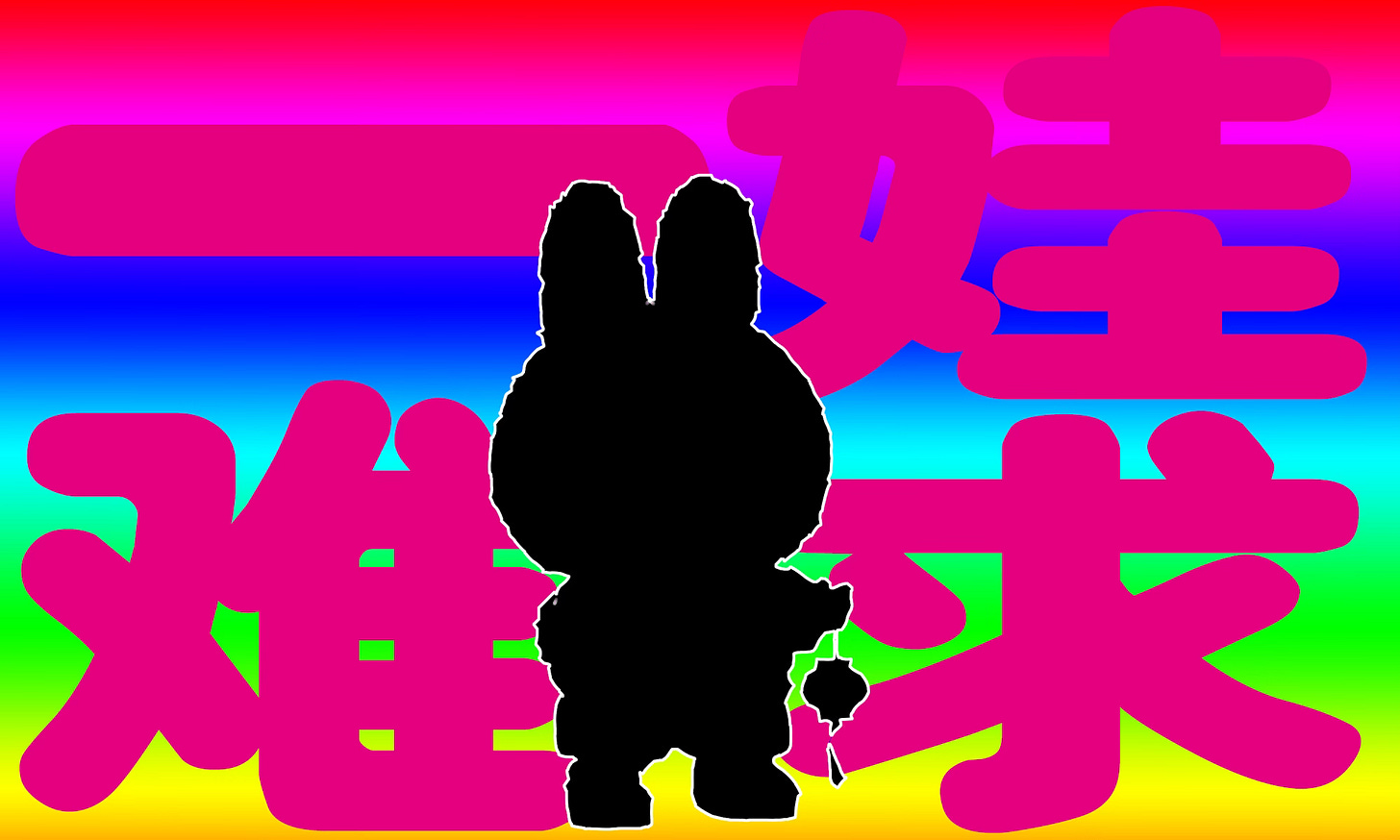"Impossible to get a Labubu" — Phrase of the Week
The toy that everyone wants

Our phrase of the week is: "impossible to get a Labubu" (一娃难求 yì wá nán qiú)
Context
China’s latest and hottest consumer craze has grown so big that it’s now a “cultural export.”
Meet Labubu (拉布布), an ugly-cute, slightly scary little toy with a round face and nine teeth, usually sold as small pendants.
Produced by Pop Mart (泡泡玛特), a Hong Kong-listed Chinese toy brand, Labubu has flooded social media feeds and become a must-have item for millions of fans and collectors in China since 2024.
But as with any cult product in China, counterfeits have quickly followed.
Nicknamed “Lafufu” (with the “f” standing for “fake”), these obvious knock-offs often come in different colours from the originals and feature deviant details like distorted shapes, uneven eyes, crooked smiles, tilted heads, misshapen foreheads, or even heads installed upside down.
Some Lafufus have even gone viral as internet memes and become highly sought-after items, with collectors paying steep prices for them.
Fake or real, Labubu or Lafufu, the toys are still flying off the shelves, and one popular new phrase perfectly captures the madness of the trend:
LABUBU, one of Pop Mart’s toys, is so popular that it's “ impossible to get one.”
泡泡玛特旗下系列的一员,LABUBU已经火爆到“一娃难求”。
Pàopào Mǎtè qíxià xìliè de yìyuán, LABUBU yǐjīng huǒbào dào “yì wá nán qiú”
And with that, we have our Sinica Phrase of the Week.
What it means
"Impossible to get a Labubu" is a four-character phrase which translates as "one" (一), "toy" (娃), "hard to get" (难求).
This is not a traditional idiom, but rather a derived expression from the older saying: “It’s easy to find thousands of soldiers, but hard to find a good general” (千军易得,一将难求).
This originates from the Yuan Dynasty play, Autumn in the Han Palace (汉宫秋) by Ma Zhiyuan (马致远):
I, though commanding three thousand civil and military troops and the four hundred prefectures of the Central Plains, am merely waiting to divide and dominate the land —yet alas, it is easy to get a thousand troops, but hard to find one good general.
我呵空掌着文武三千队,中原四百州,只待要割鸿沟,陡恁的千军易得,一将难求。
Wǒ hē kōng zhǎng zhe wén wǔ sān qiān duì, Zhōngyuán sì bǎi zhōu, zhǐ dài yào gē hónggōu, dǒu nèn de qiān jūn yì dé, yí jiàng nán qiú.
The play tells the tragic story of Wang Zhaojun (王昭君), a beautiful and talented woman living in the Han imperial palace who is selected to marry the Xiongnu chieftain as part of a political alliance. This line is sung by the Xiongnu chieftain, and shows his military ambition which is tempered by the scarcity of good generals who can wage his wars.
In modern Chinese, the second half of this phrase has been adapted, used as a four-character phrase where the character for “general” (将 jiàng) is replaced by another noun.
It’s used when demand for something greatly exceeds supply, like tickets to popular performances, or for flights or trains during holiday times. In that context, “general” is replaced by “ticket” (票)—"tickets are hard to come by" (一票难求).
This latest evolution of the phrase explains the problem millions of crazy Chinese consumers have right now: “it’s almost impossible to get a Labubu”.
Andrew Methven is the author of RealTime Mandarin, a resource which helps you bridge the gap to real-world fluency in Mandarin, stay informed about China, and communicate with confidence—all through weekly immersion in real news. Subscribe for free here.
Read more about how this story is being discussed in the Chinese media in this week’s RealTime Mandarin:



